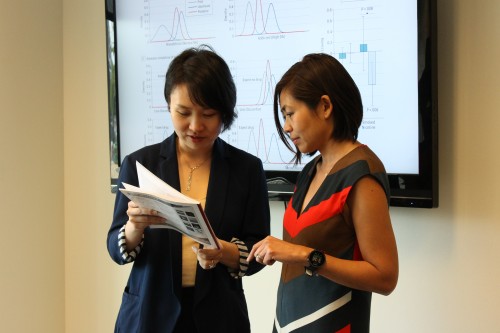Overview
How can you recognize the signs of work addiction?“”

When Productivity Becomes an Addiction
BBC Worklife
Jessica Mudditt
“”
Share this article

Sandra Bond Chapman, PhD
Chief Director Dee Wyly Distinguished Professor, School of Behavioral and Brain Sciences Co-Leader, The BrainHealth Project

A new article in JAMA Psychiatry details the first step in revealing how craving works in the brain. Scientists at the Center for BrainHealth at The University of Texas at Dallas are the first to propose a systematic and quantitative model for drug addiction research.